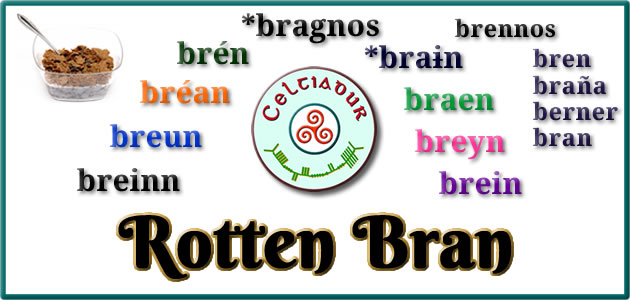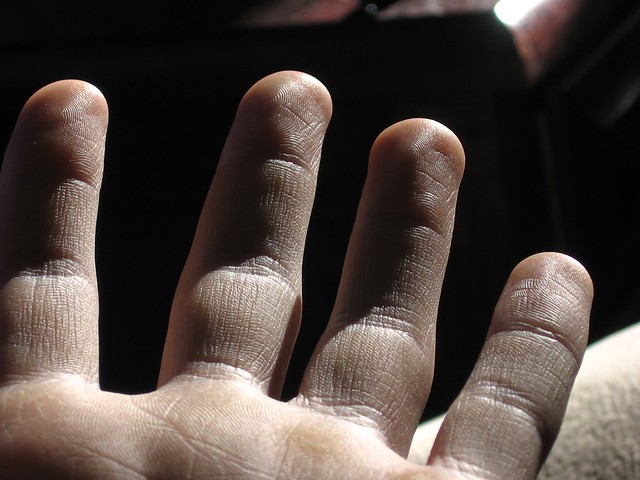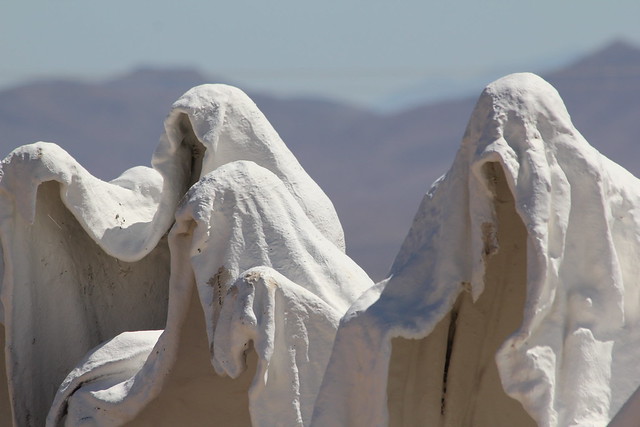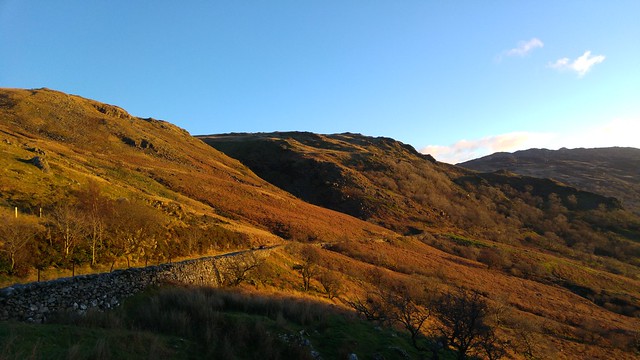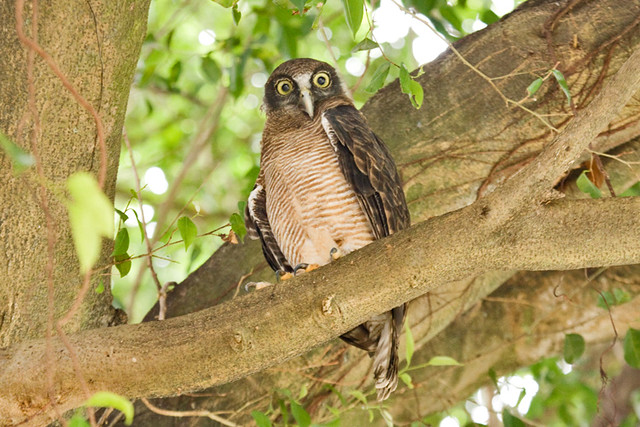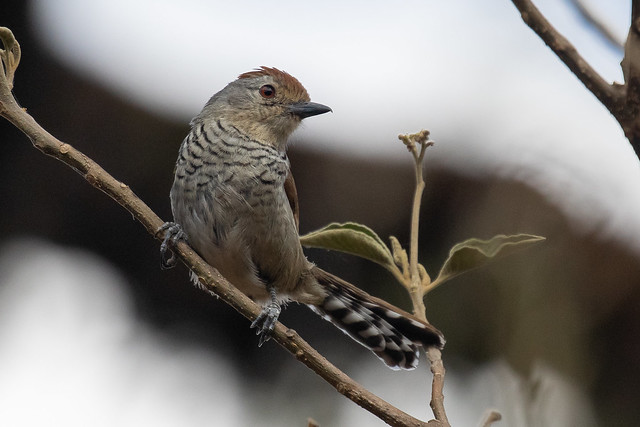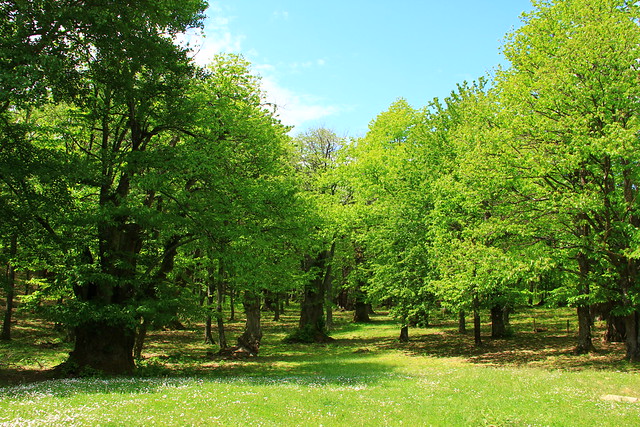Podcast: Play in new window | Download
In this episode, we unfold the possible Celtic roots of the word brochure, and find out what it has to do with badgers.

The word brochure comes from French brochure (brocade, needlework, brochure, booklet), from brocher (to stitch, sew, brocade), from Old French brochier (to jab, prod), from broche (brooch, pin), from Vulgar Latin brocca, from broccus (pointed, sharp), possibly from Gaulish *brokkos (badger), from Proto-Celtic *brokkos (badger) [source].
Related words in the modern Celtic languages include:
- broc [bˠɾˠɔk] = badger, or a dirty-faced or a short thick-set person in Irish
- broc [brɔxg] = badger, or a grumpy/surly person in Scottish Gaelic
- broc(k) = badger in Manx
- broch [broːχ] = badger in Welsh
- brogh [bɹoːx] = badger in Cornish
- broc’h [ˈbʁoːx] = badger in Breton
Words from the same Proto-Celtic root include brooch and brock (male badger – northern English dialects) in English, brock (badger) in Scots, broche (brooch, spit, spike, peg, pin) in French, brocco (thorn, stick) in Italian, and broco (having long projecting horns; bad-tempered) in Galician [source].
More about words for Badgers and related things in Celtic languages.
Here’s a little tune I wrote a few years ago called The Unexpected Badger / Y Mochyn Daear Annisgwyl, inspired by an encounter with a badger in Glencolmcille in Donegal in the northwest of Ireland:
You can find more connections between Celtic languages on the Celtiadur blog. I also write about words, etymology and other language-related topics on the Omniglot Blog.
Radio Omniglot podcasts are brought to you in association with Blubrry Podcast Hosting, a great place to host your podcasts. Get your first month free with the promo code omniglot.



